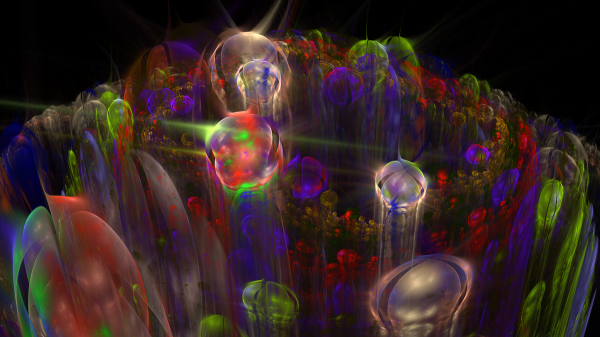BY LETTER
Aiocracy
Also known as AIocracy, AIcracy, Aicracy |
 Image from Avengium |
Aiocracy and related concepts
Rule with the assistance of sub-sentient expert systems:Some modosophont worlds use non-sophont expert systems and information technology to assist with the process of government; if this results in an efficient democratic system then it is known as cyberdemocracy; if the result is oppressive then it can become cybertyranny.
A large number of worlds use highly-competent but non-sophont vots at all levels of government, and may even delegate the task of government to them altogether. This strategy is often very successful, although some commentators consider such political systems to lack true feeling.
Rule by or with the assistance of modosophont-level AI;
Many worlds inhabited predominantly by bionts use artificially intelligent aivisers to guide their policy-making, others involve AIs at a high level as equal partners, while others simply delegate most or all political decisions to aioid specialists who sometimes have their own agenda.
Rule by the AI Gods;
Worlds and systems which are directly ruled by transapients or archailects are generally classed as transapientocracies or archailectocracies; in many cases the archailects in these systems allow their modosophont charges to develop their own types of government, which are nominally independent of archai oversight but in practice are often controlled indirectly (but efficiently) by god-level memetic influence.
Related Articles
Appears in Topics
Development Notes
Text by M. Alan Kazlev
Additional material by Steve Bowers
Initially published on 31 December 2001.
Additional material by Steve Bowers
Initially published on 31 December 2001.






